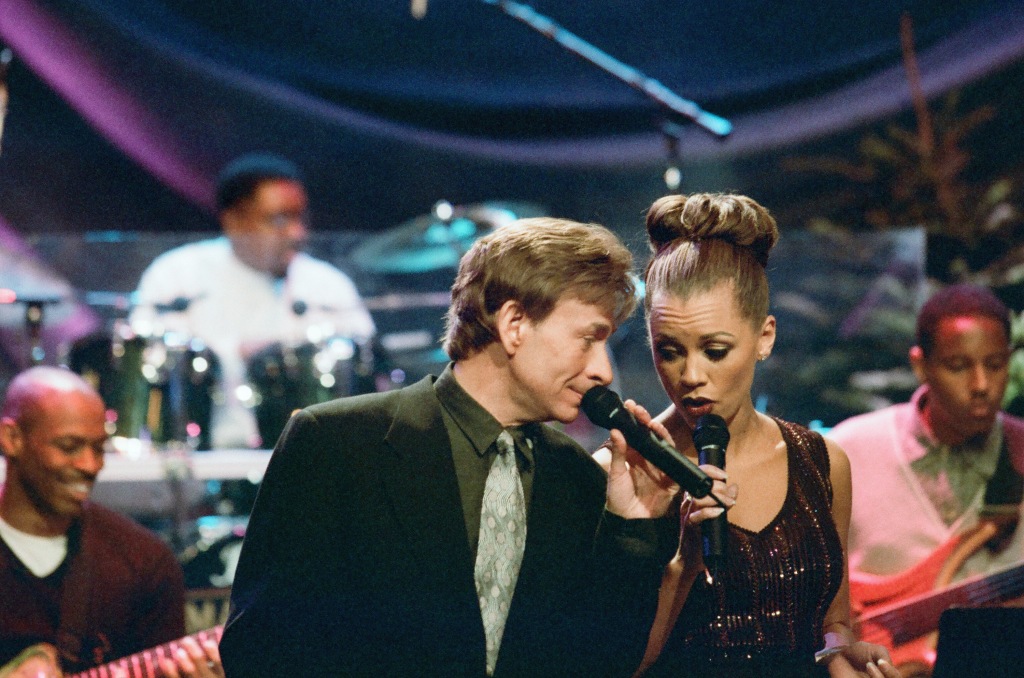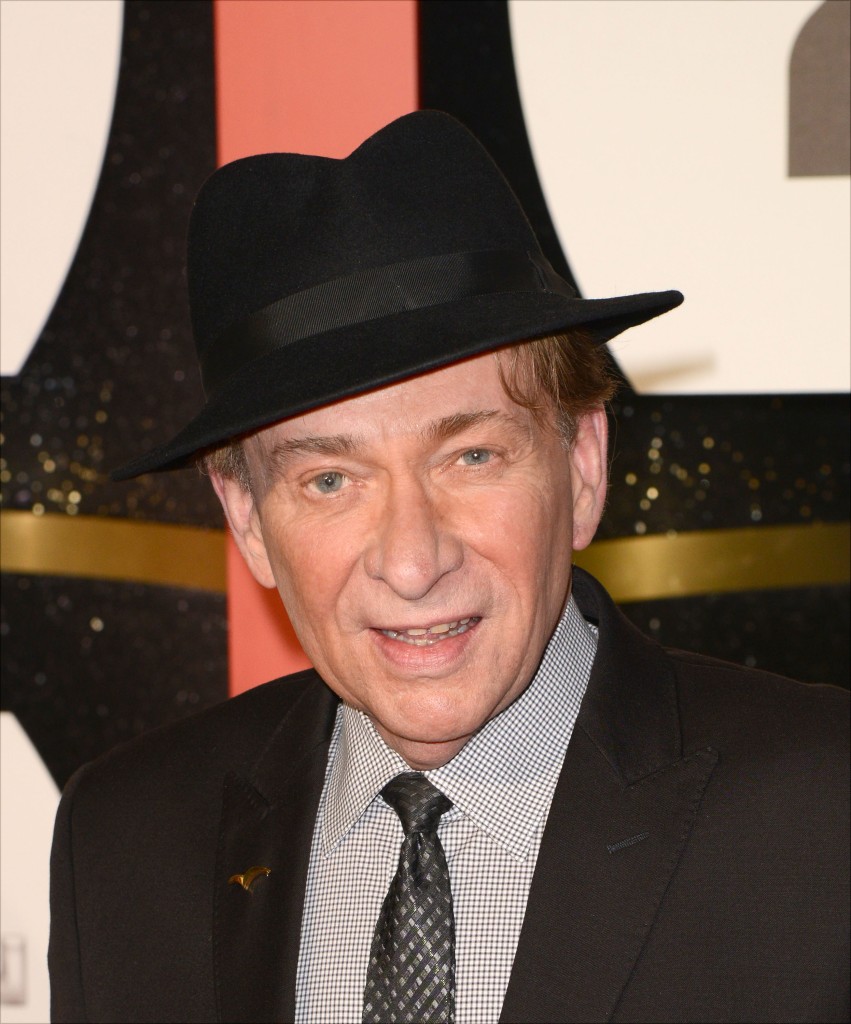Best known for hit ‘What You Won’t Do for Love’
Singer-songwriter Bobby Caldwell has died after a long illness.
He was 71.
The blues crooner — best known for his jazzy hit “What You Won’t Do for Love” — died on Tuesday at his New Jersey home, his wife, Mary Caldwell, shared on Twitter.
The songwriter had been battling neuropathy for the last five years and struggled to walk.
“I held him tight in my arms as he left us. I am forever heartbroken,” she wrote in part. “Thanks to all of you for your many prayers over the years.”
He also suffered from a ruptured Achilles tendon following a bad reaction to antibiotics he was prescribed in 2017, according to a post on Caldwell’s Facebook page in June 2022.
“Despite these injuries, Bobby continued to perform with the aid of a wheelchair, cane, and his helpers,” the message added, though his condition worsened in a “heartbreaking” manner.

Caldwell’s iconic “What You Won’t Do for Love” debuted in 1978 and reached the top 10 on Billboard.
Its success helped his self-titled freshman album reach double platinum.
Numerous other singers have covered or sampled the song, including Boyz II Men, Michael Bolton and Natalie Cole — with whom he first toured — as well as Peabo Bryson and Tupac Shakur.

“What You Won’t Do for Love” wasn’t his only tune that connected with other artists: “Open Your Eyes,” from his second album, 1980’s “Cat in the Hat,” was sampled in Common’s 2000 song “The Light,” and John Legend covered it on his 2013 album “Love in the Future.”
Caldwell, who was born in Manhattan and raised in Miami, also penned tunes for artists including Neil Diamond, Al Jarreau and Roberta Flack over the course of his career, and he even wrote Amy Grant and Peter Cetera’s 1986 hit ballad “The Next Time I Fall.”
“In the songwriter community, I eventually established myself as someone who could be a chameleon and tailor things for other people,” Caldwell recalled to the Los Angeles Times in 1991. “I like doing that, but I don’t want to do it for the rest of my life because there is a part of me that loves to perform.”
He also eventually grew a large following in Japan, according to another LA Times profile in 1992.
He was even nicknamed “Mister AOR” — an acronym for “Adult Oriented Rock.”
Read the full article Here


